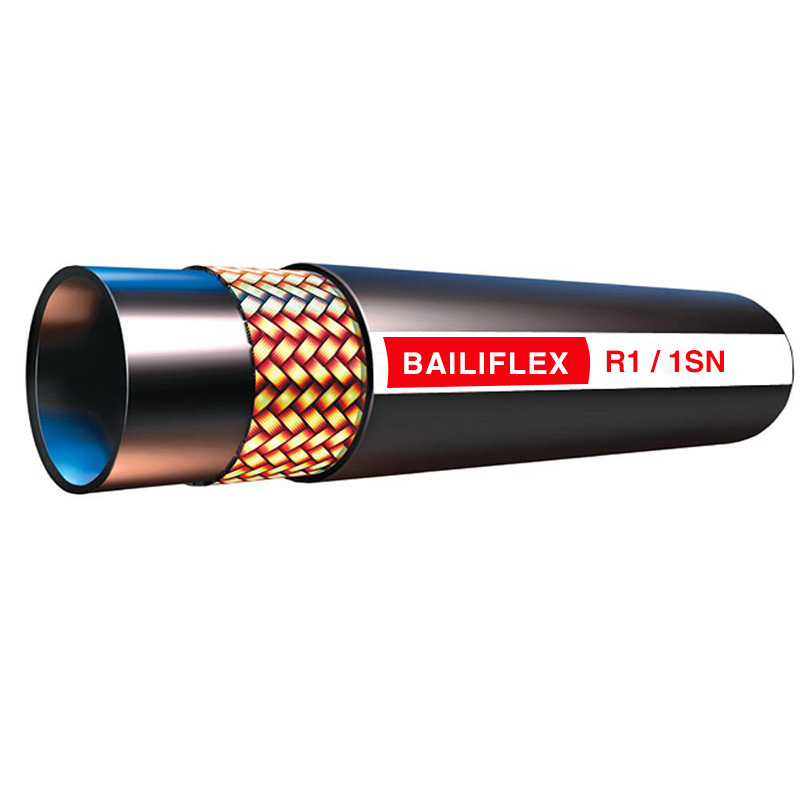Oct . 12, 2024 21:16 Back to list
ce certification flexible metal hose service
CE Certification for Flexible Metal Hoses An Essential Service for Safety and Compliance
Flexible metal hoses are increasingly used across various industries, such as aerospace, automotive, chemical processing, and oil and gas. Their design allows for flexibility, making them invaluable for applications requiring movement, temperature variations, and pressure fluctuations. However, to ensure that these hoses function safely and efficiently, they must comply with European safety standards, for which CE certification is crucial.
Understanding CE Certification
CE marking signifies that a product has been assessed and complies with EU safety, health, and environmental requirements. It means that the manufacturer has verified that the product meets the standards mandated by European legislation. For flexible metal hoses, achieving CE certification involves rigorous testing and documentation processes. This certification not only facilitates market access within Europe but also assures customers of the product's quality and compliance.
The Importance of Flexible Metal Hoses
Flexible metal hoses are engineered to handle high-pressure and temperature conditions, making them suitable for various applications. They are resistant to corrosion, flexible for installation in challenging spaces, and capable of withstanding thermal expansion and contraction. These attributes make them essential components in systems that transport gases, liquids, or other materials. However, without the CE certification, these benefits may not be fully realized, as they may not meet the required safety standards.
The CE Certification Process
Gaining CE certification for flexible metal hoses involves several steps
1. Product Assessment The first step is to assess the design and intended use of the hose. Manufacturers need to identify the applicable EU directives, such as the Pressure Equipment Directive (PED) or the Low Voltage Directive (LVD), depending on the hose's application.
2. Testing and Compliance Manufacturers must perform comprehensive testing of their hoses to ensure they meet the necessary safety standards. This may include pressure tests, temperature tests, and flexibility tests, conducted in certified laboratories. Additionally, they must provide detailed documentation that demonstrates compliance with all relevant directives.
ce certification flexible metal hose service

3. Technical File Compilation A technical file containing all test results, design specifications, and compliance documents must be prepared. This file acts as evidence that the product has undergone the required assessments and meets all applicable safety standards.
4. Declaration of Conformity Once the product passes all tests and adheres to the relevant directives, the manufacturer must draft a Declaration of Conformity. This declaration states that the hose meets all EU regulations, allowing the manufacturer to affix the CE mark.
5. Monitoring and Re-evaluation CE certification is not a one-time action; ongoing monitoring and possible re-evaluation are necessary to maintain compliance, especially if there are changes to regulations or if new materials and technology are introduced.
Best Practices for Compliance
Manufacturers should adopt best practices to streamline the CE certification process. These include
- Investing in Quality Control Regular quality inspections and maintaining rigorous production standards can significantly ease the certification process.
- Staying Informed Regulatory environments can change. Manufacturers should stay updated on changes in European legislation affecting flexible metal hoses.
- Engaging with Certification Bodies Collaborating with accredited certification bodies can provide guidance throughout the certification process, ensuring all steps are correctly executed.
Conclusion
CE certification is not merely a regulatory hurdle; it serves as a mark of quality, safety, and reliability for flexible metal hoses. By adhering to the necessary standards and undergoing the certification process, manufacturers can not only enhance their marketability within Europe but also foster trust with clients. In a world where industrial safety is paramount, CE certification stands as a pivotal service, ensuring that flexible metal hoses perform effectively, safely, and in compliance with the law. As industries evolve, the importance of safety and compliance will only continue to grow, making CE certification an indispensable aspect of flexible metal hose manufacturing.
-
Best Four Steel Wire Spiral Hose Hydraulic R12 – Durable High-Pressure Hose Manufacturer
NewsJul.08,2025
-
High-Quality 1/4 Hydraulic Hose – Soft, Flexible & Durable Rubber Hoses for Industrial Use
NewsJul.08,2025
-
1 1 2 Inch Hydraulic Flexible Hose - Durable, Reliable, High-Pressure Solutions
NewsJul.07,2025
-
High-Quality 1 2 Rubber Hose - Durable, Flexible Hydraulic Solutions
NewsJul.07,2025
-
Discover SAE Hydraulic Hose Types - High Quality & Durable Hoses from Leading Factory Supplier
NewsJul.06,2025
-
High Pressure Wire Hydraulic Rubber Hose Supplier Durable & Reliable 1SN Hose Solutions
NewsJul.06,2025
